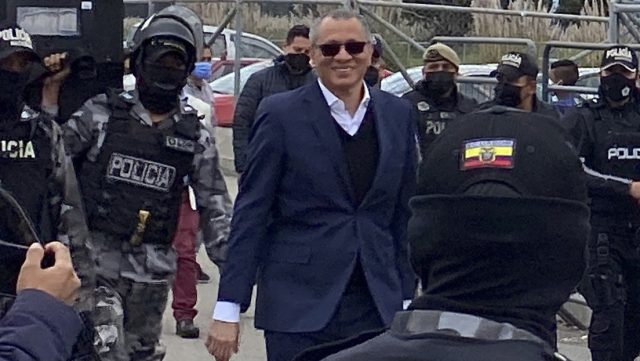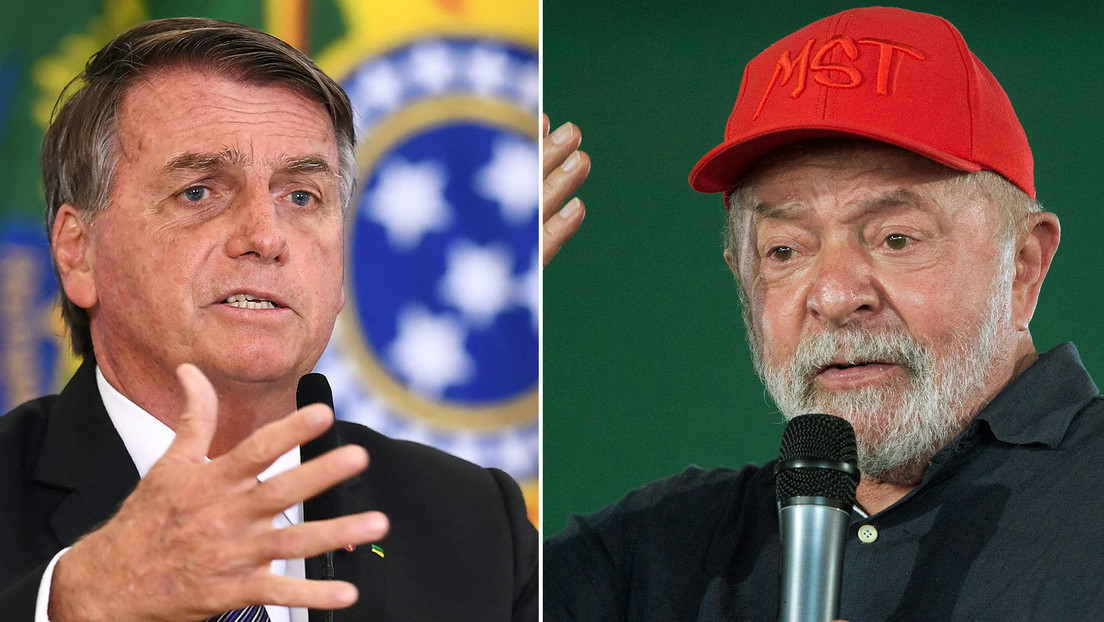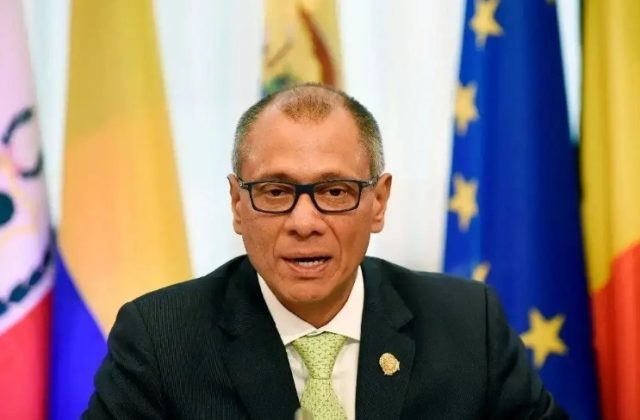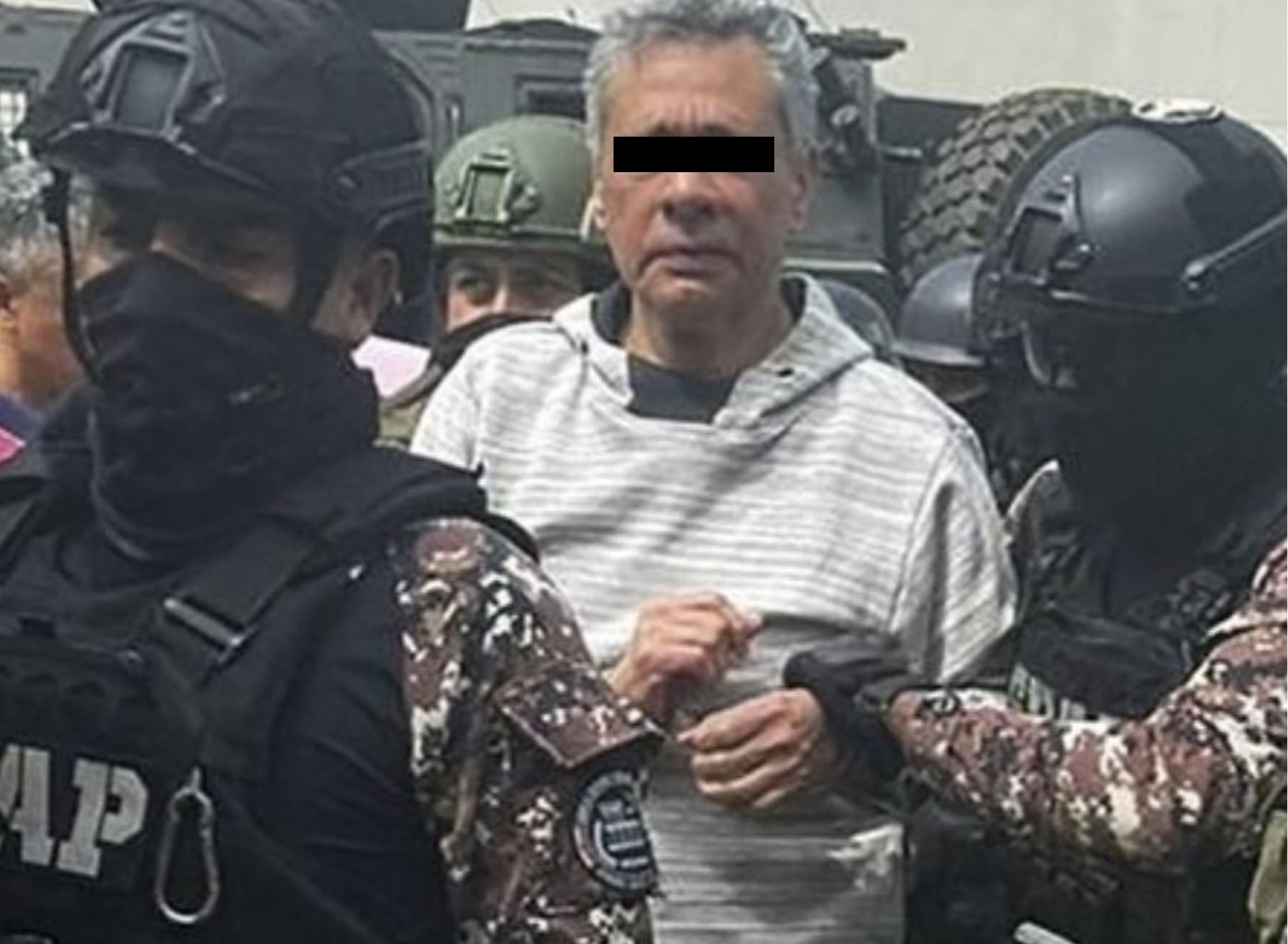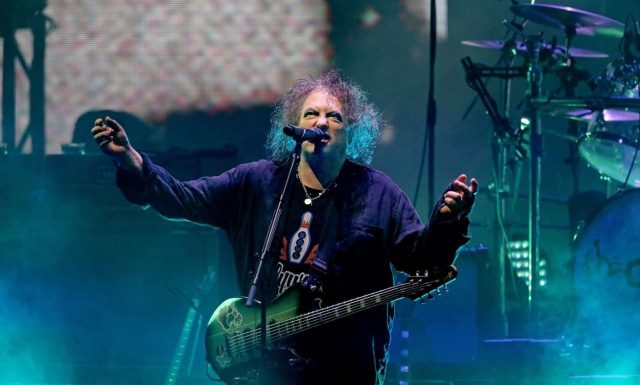This Sunday, April 10, the former Vice President of Ecuador Jorge Glas (2013-2018) left the Sierra Centro Norte Cotopaxi Regional Social Rehabilitation Center, where he was serving the two sentences against him, after he was granted a ‘habeas corpus’.
The Ecuadorian government, unhappy with the decision in favor of the former vice president, appealed the ruling and is awaiting a resolution, explains journalist Edgar Romero for RT.
1- The sentences in Ecuador
Glas was serving two executed (firm) sentences at the Sierra Centro Norte Cotopaxi Regional Social Rehabilitation Center, about 110 kilometers south of Quito.
The first of these jail sentences was handed down in December 2017, when he was sentenced to six years in prison for the crime of illicit association in the ‘Odebrecht Case’.
Later, in 2020, he was sentenced to another eight years in prison for the crime of aggravated bribery in the case known as ‘Bribery 2012-2016’, for which former President Rafael Correa was also convicted.
There is a third ruling against Glas, for the so-called ‘Singue Case’, for which in January 2021 he was sentenced to eight more years in prison. However, this sentence has not been executed; the appeal hearing was set for May 11, 2022.
2- The appeals that have been filed
In recent years, seeking to speed up the release of Glas from prison, the former vice president’s defense has introduced several appeals before the Ecuadorian Justice, such as two requests to unify sentences, a request for pre-release (or semi-open regime) and three ‘habeas corpus’.
All these appeals were denied by the judges who heard the requests, except for the last habeas corpus, which was granted last Saturday by Judge Diego Moscoso, from Manglaralto, in the province of Santa Elena.
The judge ordered the immediate release of Glas and imposed alternative measures to prison, such as a ban on leaving the country until he completes his sentence and his presentation on the first Monday of each month in the Guayas Judicial Unit.
Edison Loaiza, Glas’s lawyer, told the press that the ‘habeas corpus’ appeal was granted to the former vice president due to «the serious health situation» he is going through and because his life was in danger in the prison where he was, one of the many prisons in the country where riots and massacres have occurred. Only in 2021, these riots left more than 300 dead, according to a report by the Inter-American Commission on Human Rights (IACHR).
In July 2020, in an interview with RT, Fausto Jarrín, who was also a lawyer for Glas, said that the former vice president suffers from ankylosing spondylitis, a chronic form of arthritis.
At the end of last year, the Working Group on Arbitrary Detention, dependent on the United Nations High Commissioner for Human Rights, urged the Government of Ecuador to take immediate action to protect the safety and well-being of Glas, and recommended granting «measures alternatives to detention, including early release or other non-custodial measures».
3- Liberation
On Sunday, around noon, Glas was released from jail, after spending 1,645 days in prison. Upon leaving the detention center, he met dozens of followers, who were stationed in the place.
He walked about 300 meters, greeted and took pictures with supporters; and then he got into a van, which took him to the city of Guayaquil, with stops in various cities along the way.
He arrived in Guayaquil after 9:00 p.m. (local time) and met with his followers at the River Oeste Coliseum, where they waited for him for several hours, and the slogans that were heard were «Glas, friend, the people are with you» and «Glas President».
«I leave prison with a heart clean of rancor and hatred and I have forgiven everyone who did this to me», said the former vice president, adding: «I do not have an iota of regret for what we did for the country».
4- Appeal from the Government of Ecuador
In the Government, the dissatisfaction with the decision made by Judge Moscoso in favor of Glas was noted; however, in a first statement on the same Saturday, the National Service for Comprehensive Care for Adults Deprived of Liberty and Adolescent Offenders of Ecuador (SNAI) reported that it complied with the ruling.
Later, on Sunday, the SNAI indicated that, by order of the Presidency and the Ministry of Government, it filed an appeal against the measure that allowed Glas to be released from prison.
The document was published by the Minister of Government, Francisco Jiménez, on his Twitter account. It argues that Moscoso was not competent for this cause, based on the territory; and that the ‘habeas corpus’ would be «inadmissible», because Glas was serving two final sentences in prison.
«This government categorically rejects the judge’s decision in the Glas case and that is why we made the provision to the SNAI to file the corresponding legal measures and that justice also acts within the scope of its powers», Jiménez said in a message issued Sunday night.
From the Attorney General’s Office there was also a statement for the release of Glas, in which it indicates that it will continue «with the actions of execution of the sentences handed down» against the former vice president.
For its part, the Council of the Judiciary reported that, since it is a jurisdictional action and decision, this institution is obliged to respect the principle of internal independence, so «it is not up to it to rule on the merits of the judge’s decision» nor initiate a disciplinary procedure ex officio against the lawyer.
At the moment, the Government ordered that there be continuous surveillance of the former vice president. «The order of the president (Guillermo Lasso) was express and he requested a surveillance order 24 hours a day, seven days a week for Glas. He will never be without the surveillance of the police, who will prevent this subject from trying to slip away», said presidential adviser Diego Ordóñez.
